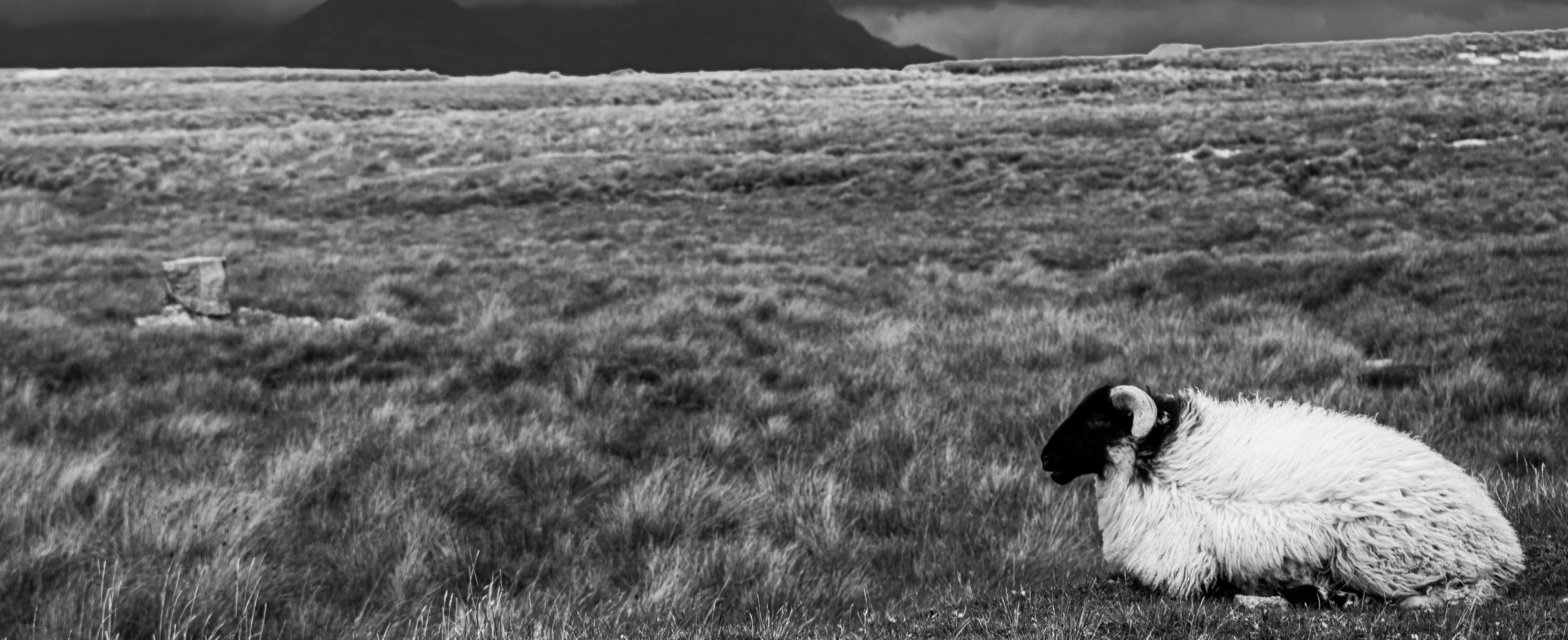Abstract
De-extinction of species has been criticised for being unnatural, as have the techniques that might be used to accomplish de-extinction. This objection of unnaturalness will be dismissed by those who claim that everything that humans do is natural, by those who claim that naturalness is a social construct, and by those who argue that ethical concerns arising from considerations of unnaturalness rest on a failure properly to distinguish facts from values. However, none of these criticisms of the objection of unnaturalness is convincing, for reasons I will explain in this paper. The objection of unnaturalness might be motivated by concerns about either: (i) the attitude to nature that underpins de-extinction practices; or (ii) the consequences of interfering with nature. I show that objections of type (i) are rare in the literature, while objections of type (ii) can generally be ameliorated by working with cultures that have ties to the flora and fauna at issue, careful research into the value and nature of ecological systems, limiting risky activities, and limiting the use of de-extinction processes whenever their consequences are unclear. I conclude that the unnaturalness objection to de-extinction is of real but limited force. It gives reasons for caution rather than prohibition.
Keywords: de-extinction, naturalistic fallacy, ethics
How to Cite:
Mason, C., (2017) “The Unnaturalness Objection to De-Extinction: A Critical Evaluation”, Animal Studies Journal 6(1), 40-60.
Downloads:
Download PDF
716 Views
4483 Downloads

